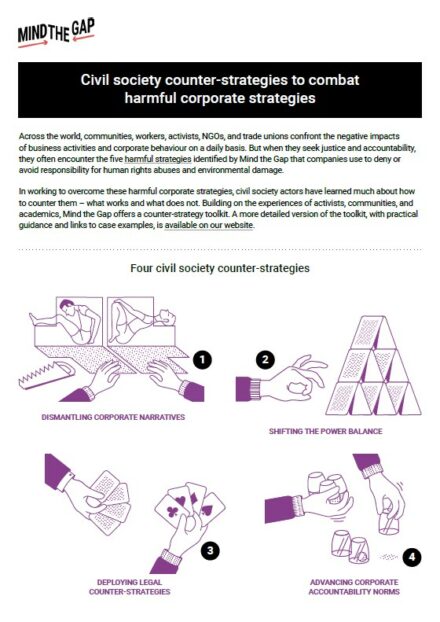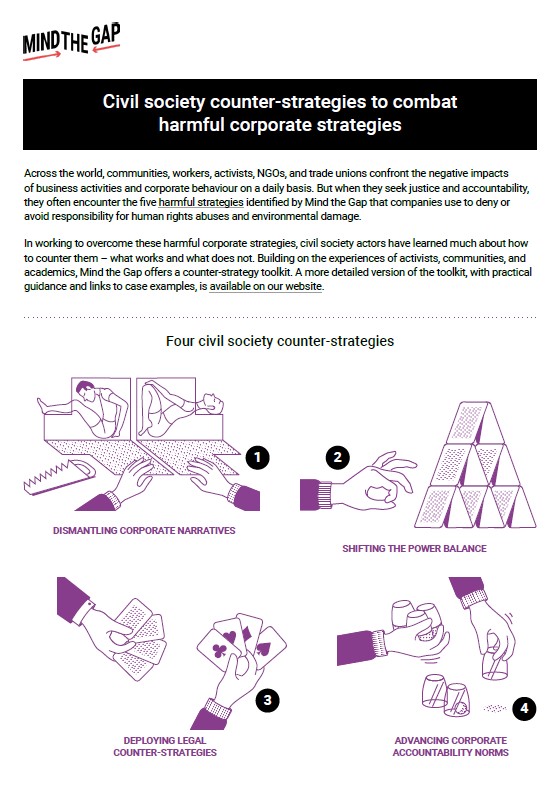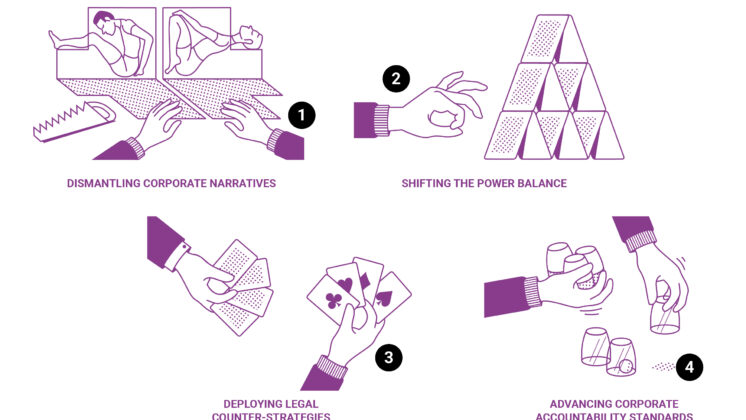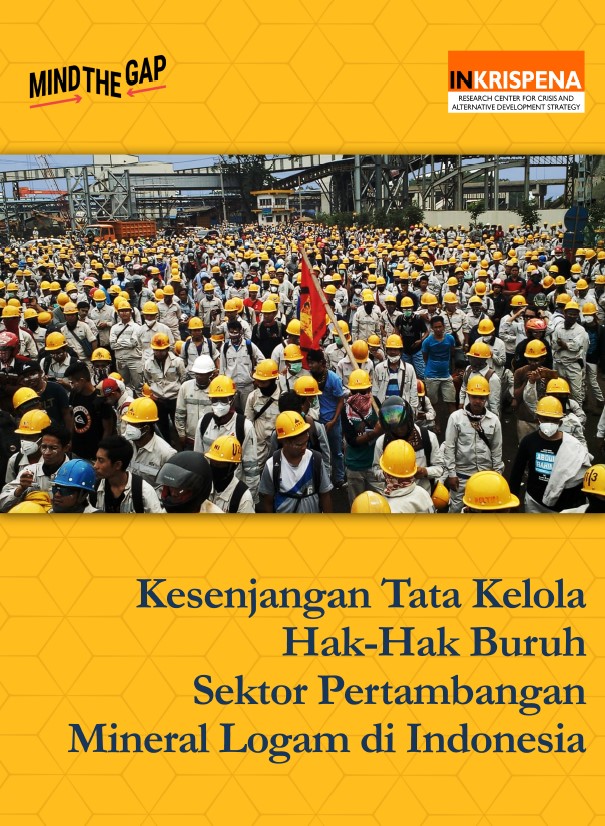If a corporation anticipates that it is in fact likely to lose a case in court and is facing a ruling that its conduct was instrumental in causing harm and violating human rights, then a typical strategy to avoid the ruling – and the associated public scrutiny – is to settle the case.
CASE STUDY: Eni settlement with a Nigerian community
Settlement will typically take the form of a negotiated deal for financial compensation with the victims, which crucially absolves the company of any public admission or finding of guilt. While from a remedy perspective, settlement agreements can bring real benefits for victims, from an accountability point of view they bring little. The absence of a guilty verdict has many benefits for the company, including that it remains eligible for various sources of public or private financing, which would otherwise be barred due to a guilty verdict.
No accountability
The strategy to settle also has a broader impact on the evolution of corporate accountability more generally. Settlements undermine and stifle the evolution of the law toward clearer accountability for transnational corporate behaviour. By avoiding a guilty ruling, no court determination of corporate liability, which would confirm that corporations can indeed be held liable in certain circumstances (such as for the actions of subsidiaries abroad), is made. Future victims are less able to rely on arguments that that type of legal liability actually or already exists and will need to prove all the legal steps of corporate liability from the beginning.










